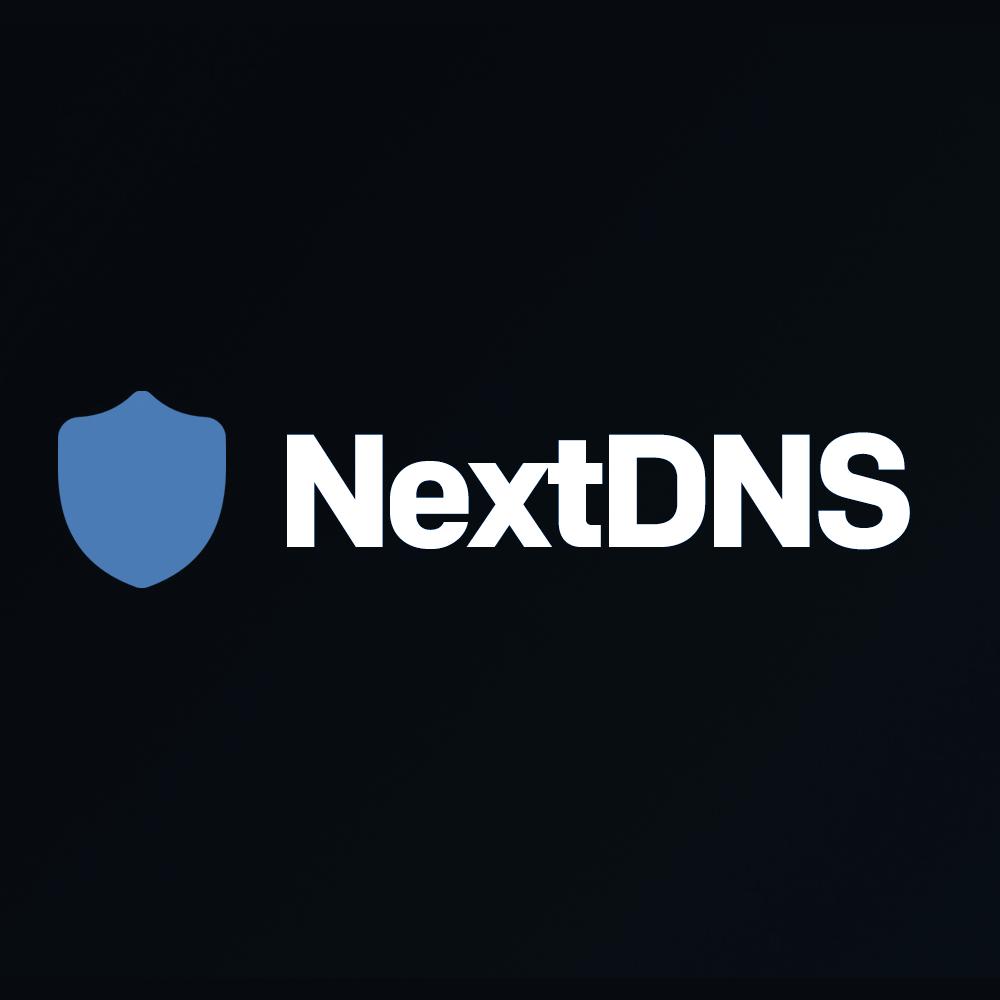Why did I look for a Pi-Hole alternative?
My main motivation for moving away from PiHole was enabling ad blocking and site blocking on my smartphone, which I often use outside my home network.
I described this journey in one of my older blog posts, PiHole, but hosted in the cloud. I shared the discovery of a nice alternative to PiHole, NextDNS. In this article, I’ll compare the features of both programs in a more structured way.
PiHole vs. NextDNS
Here is how I see the key similarities and differences in those applications:
| Feature | Pi-Hole | NextDNS |
|---|---|---|
| Basic information | ||
| Type of Service | Self-hosted DNS sinkhole | Cloud-based DNS filtering |
| Price | Free but requires own Raspberry Pi or similar hardware. | Free but with a monthly limit on queries. Paid plan around $1.99/month. |
| Main features | ||
| Can be used for ad and tracker blocking | Yes | Yes |
| Can be used for Parental Control | Yes, requires custom configuration (finding and importing relevant blocklists) | Built-in (has toggles to block categories like Porn, Gambling, Dating, Piracy, or individual apps like Instagram or Netflix) |
| Supports blocklists/allowlist customization | Yes | Yes |
| Works outside the home network | No (local network only) | Yes (anywhere – smartphones, laptops etc., with the right configuration) |
| Security and privacy | ||
| Supports encrypted DNS queries: DoH | No (requires external resolver; quite complex setup) | Yes (built-in) |
| Supports encrypted DNS queries: DoT | No (requires external resolver; quite complex setup) | Yes (built-in) |
| Logs privacy | Local logging (can be disabled) | Logging in the cloud. User has control over logs and can disable logging. |
| Privacy assurance | Best possible – open source, self-hosted, logging to local device | Requires trust. Seems a legit company with clear business model and super-clear privacy policy, though. |
| Convenience | ||
| Setup Complexity | High (requires own hardware, knowledge of networking and Linux; the maintenance was an ongoing cost and burden for me, to be honest) | Low (cloud-based, minimal setup; clear instructions for users on how to set up various devices) |
| Analytics | Users can view log of requests and blocks and stats | Users can view log of requests and blocks and stats |
Summary
Pi-Hole is a powerful self-hosted solution. It’s open source and operates locally on your device, giving the best privacy possible. It requires more manual setup than cloud-hosted NextDNS. Unfortunately, it doesn’t allow secure access to its service from mobile devices, limiting its utility. This is due to a lack of support for modern protocols like DNS-over-HTTPS and the general complexity of exposing Raspberry Pi to the outside world.
NextDNS is a user-friendly, cloud-based solution that doesn’t require any always-on local hardware on our side. It offers advanced features like DoH/DoT. It addresses a goal similar to PiHole but, in my opinion, wins on the convenience front. You can use a fully functional version for free, but it has monthly limits. The limit, in practice, should allow using it on one device before having to jump to a Pro plan.
I’ve used both for quite some time. Maintaining your DNS filter is a bit of a pain in the butt, regardless of the chosen solution. From time to time, there are false positives, and we need to go and add something to the allowlist.
But in my opinion, a customized DNS service is worth having if you are a power user. It offers privacy gains, reduced online tracking and advertisements, and even better habits if we use it to block sites that drain our energy.


No comments yet, you can leave the first one!